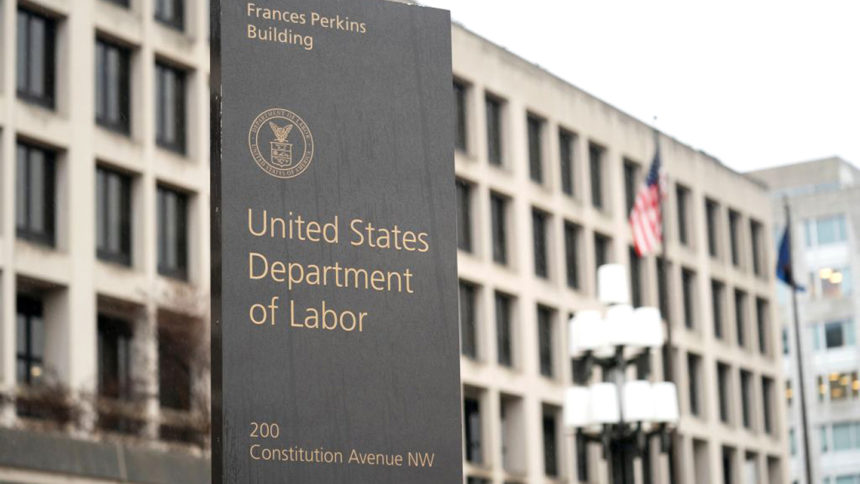The Department of Labor has not made the changes necessary to ensure that improper unemployment insurance payments are prevented, detected, reported and uncovered. If the Employment and Training Administration does not take the necessary steps to course correct, then improper payments within the unemployment insurance program could remain problematic. That’s all according to a recently released report from the department’s Office of Inspector General.
The ETA, under the Department of Labor, is responsible for providing unemployment insurance program direction and oversight. Although benefits mainly are funded by state employer taxes with administrative costs, some benefits are funded by the federal government. The federal government took on a greater role during the COVID-19 pandemic, providing an estimated $872.5 billion in funding, according to the OIG.
It is not uncommon for the federal government to step in to help with unemployment insurance during emergencies or natural disasters. More opportunity exists for improper payments, however. For example, OIG identified more than $100 million in potential improper payments related to unemployment insurance program benefits in response to the devastating impact of Hurricane Katrina and Hurricane Rita in 2005.
Leading causes of improper payments:
- Claimants who do not demonstrate that they meet state requirements for work search;
- Claimants who continue to claim benefits after they return to work or who misreport earnings during a week in which benefits are claimed;
- Employers or their third-party administrators who do not provide timely and adequate information about why individuals separated from their employment; and
- Claims based on fraudulent schemes, such as those perpetrated during the pandemic.
The ETA reported an improper payment rate of 18.71% for 2021. Applying the 18.71% to the estimated $872.5 billion in pandemic-related funding for the year, the OIG estimates that at least $163 billion in unemployment insurance benefits could have been paid improperly, “with a significant portion attributable to fraud.”
Fraud increased during the pandemic, the OIG noted. Identity theft rose to unprecedented levels.
“Because many states were not prepared to process the volume of new claims under completely new UI programs, many internal fraud controls that had been traditionally used or recommended for the processing of UI claims were not initially implemented,” the OIG said.
Moving forward, the ETA must take steps to prevent further rising levels of improper payments before the next emergency strikes, according to the OIG.



